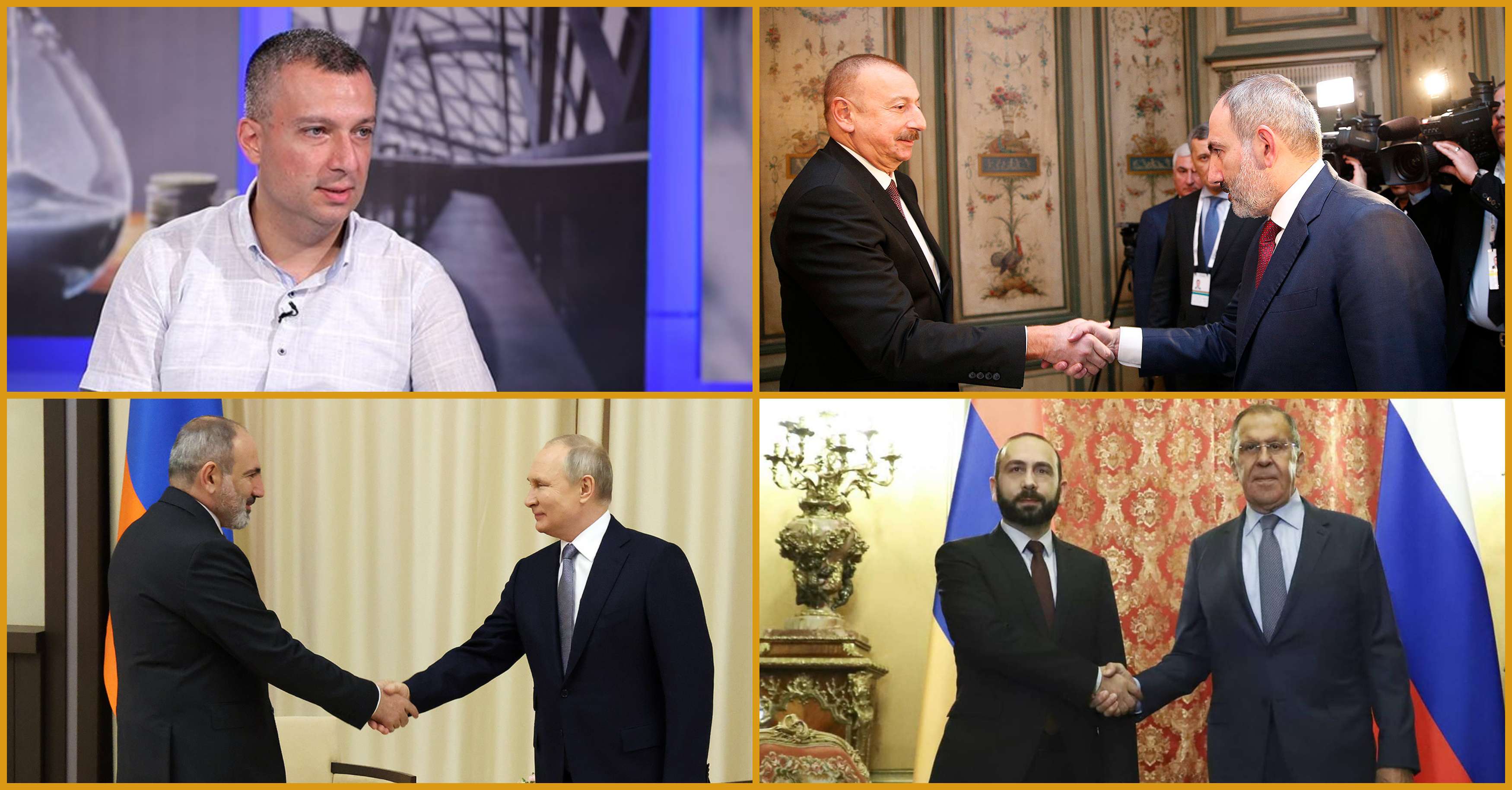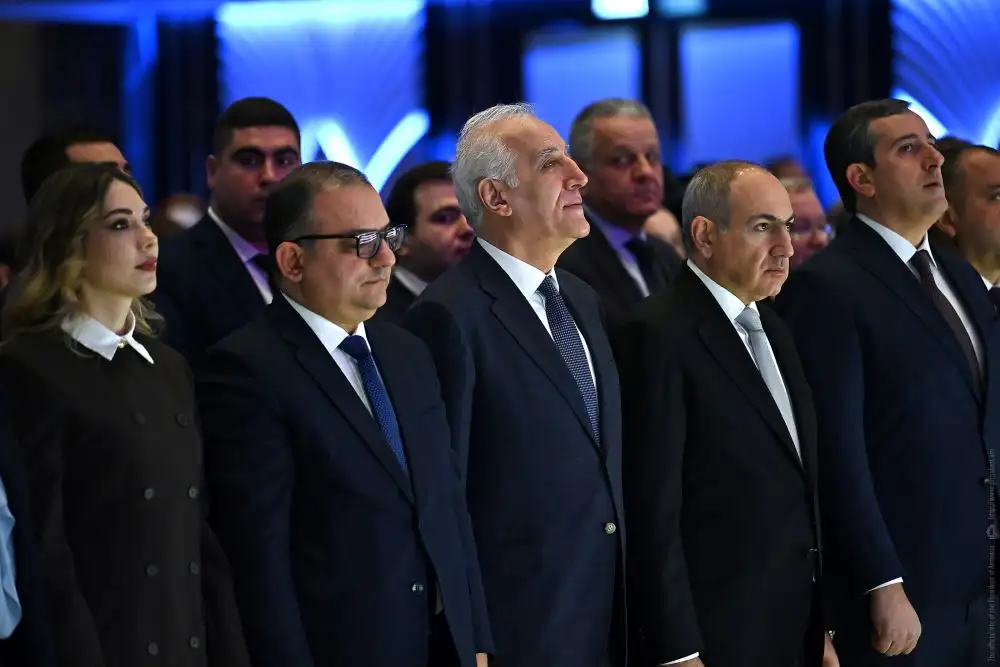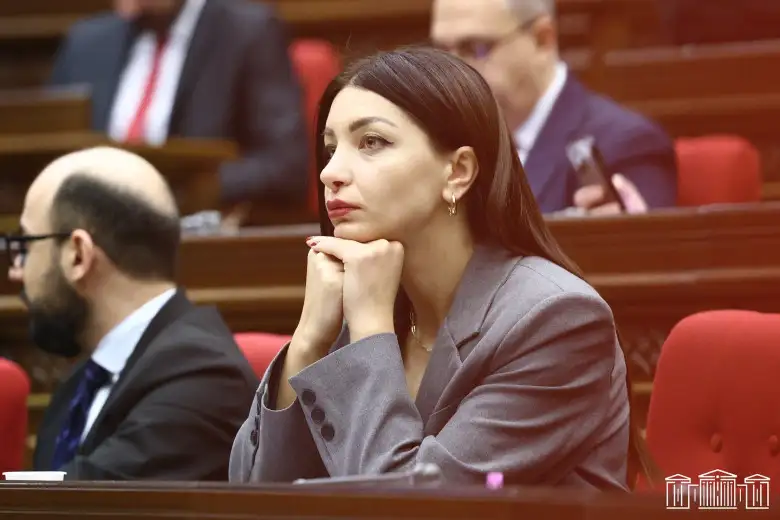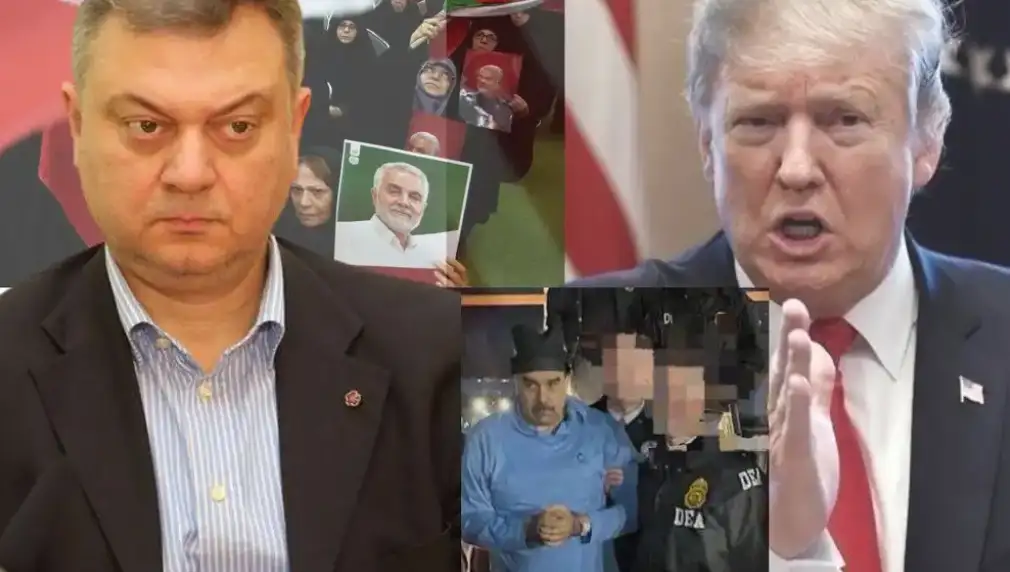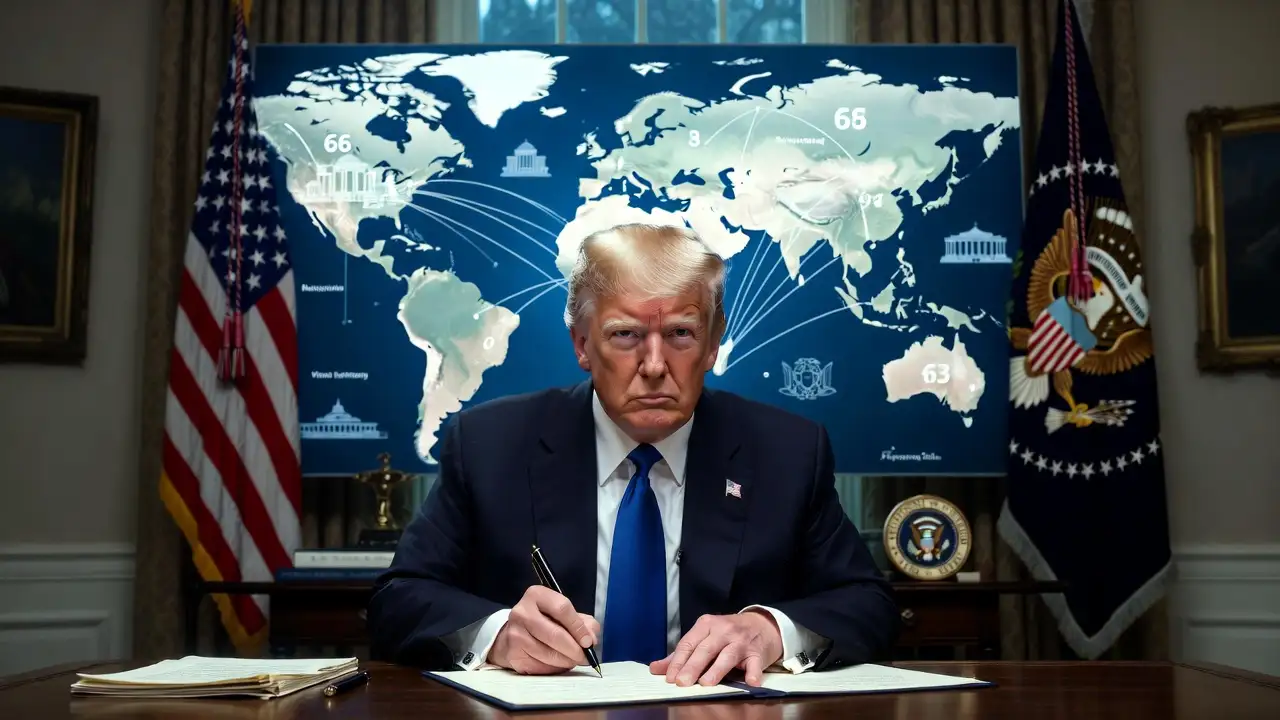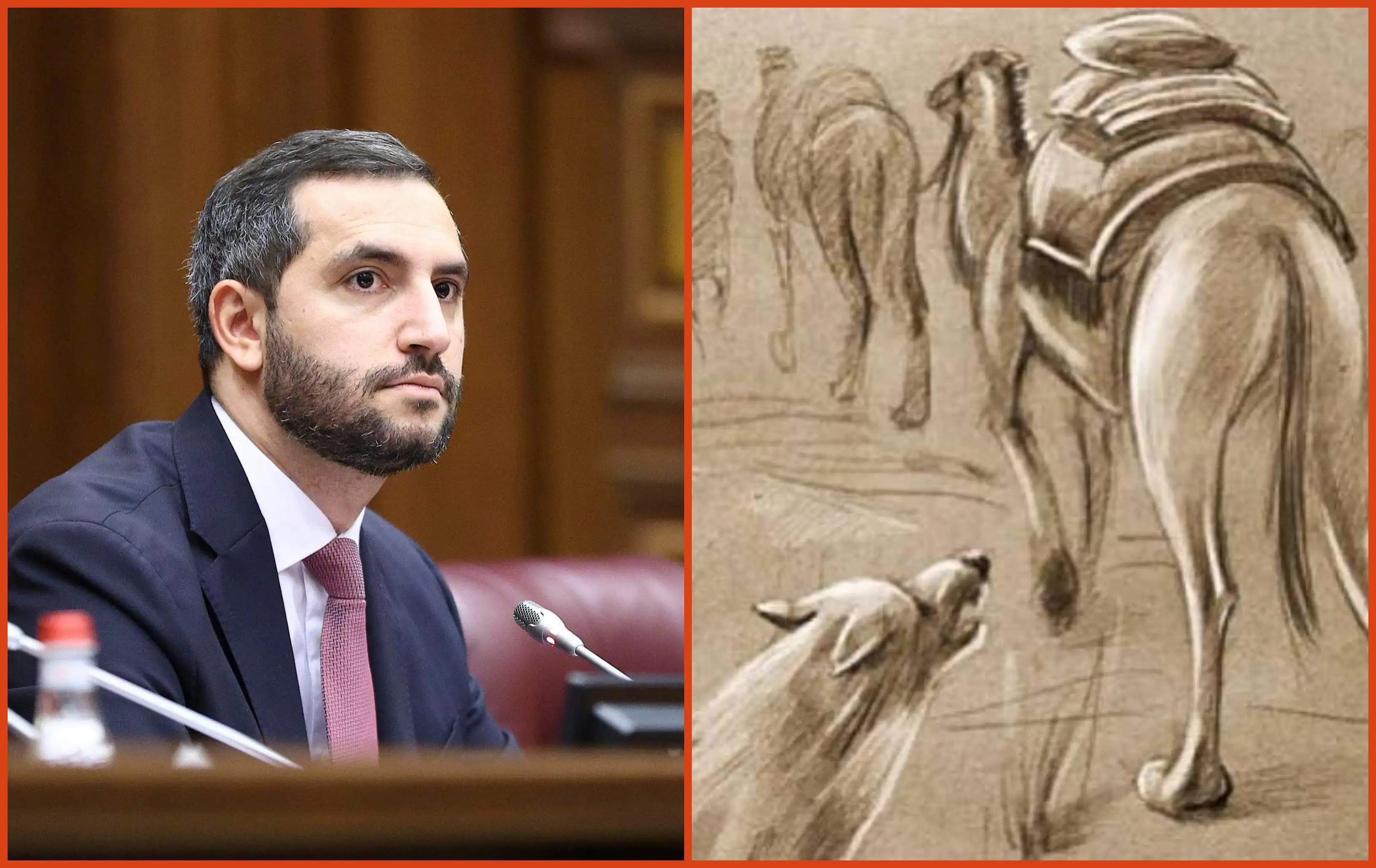Radar Armenia talked to political scientist Beniamin Poghosyan about regional issues.
- Nikol Pashinyan is participating in the plenary session of the 7th Eastern Economic Forum on "On the Road to a Multipolar World" in Russia. A private conversation between Pashinyan and Putin is also expected. What are the hopes and expectations from this meeting?
- I think the current state of Armenian-Azerbaijani relations and the issue of concluding a peace treaty will be mainly discussed at the meeting with the Russian President. Azerbaijan does not hide that it demands Armenia to sign a peace treaty, otherwise threatening military escalation and preparing grounds for it. Every day we read reports about alleged shelling from the Armenian side. It is clear that with this, Azerbaijan is preparing the ground for military escalation if Armenia does not sign a peace treaty on Azerbaijan's terms. In my opinion, Azerbaijan wants such a contract, where it should somehow be fixed that Artsakh is a part of Azerbaijan or that Artsakh is not an administrative-territorial unit, which will later provide a basis for insisting that, if a peace treaty is signed between Armenia and Azerbaijan, it is recognized territorial integrity. There is no word Artsakh; it means that Armenia also accepts that Nagorno Karabakh does not exist. Therefore, in the best case, they can discuss the issues of protecting the rights of the ethnic Armenian minority living in Azerbaijan.
- After the meeting of the RA and Russian Foreign Ministers, the Russian Foreign Ministry issued a message informing that Lavrov and Mirzoyan discussed the issue of developing the parameters of the peace treaty. What does this mean?
- In this case, which version of the peace treaty Russia favors was also discussed. I think the Armenian authorities are trying to get a final, straightforward answer from Russia; what is Russia's position? Is it in favor of signing the peace treaty, or is it against it? If he is in favor of signing, what kind of contract? Is it in favor of signing a peace treaty where there is no mention of Artsakh, or does Russia think that in that case, Azerbaijan and the West will have every reason to demand that in 2025 Russian peacekeepers leave Artsakh in November? If the Russian Federation is against the peace treaty without mentioning Artsakh, what can the Artsakh issue have in that treaty? Or how can Azerbaijan force the reference to be included in the contract?
- The newly appointed American co-chairman of the OSCE Minsk Group, Philip Ricker, will visit the countries of the South Caucasus, including Armenia, this week. What significance can this visit have for NK, and what is the US trying to show to whom?
- As someone who will coordinate American policy in the South Caucasus, this is a familiarization visit in a new position and a specific clarification of what the United States has in mind. In other words, is the United States in favor of signing a peace treaty as soon as possible, or is it in favor of not mentioning Artsakh in that treaty? If so, how does the United States imagine the discussions about Artsakh in the future, or is it in favor of a peace treaty where Artsakh is fixed as autonomous within Azerbaijan? All these questions need answers, and I guess Riker has also come to give some clarifications.
Hayk Magowan




